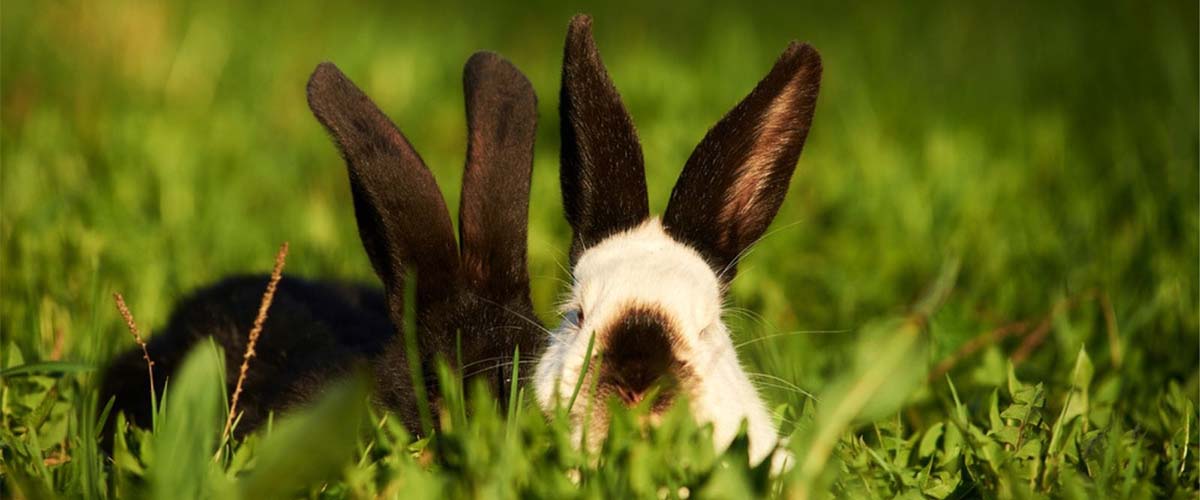Drooling in Rabbits
Overview
- Healthy rabbits don’t dribble, so if you notice your rabbit doing so, it’s likely that something is wrong.
- The most noticeable symptom of drooling in a rabbit tends to be wet fur and hair loss around their mouth and chin.
- Contact your vet straight away if you notice your rabbit drooling, especially if they appear unwell, or have stopped eating or pooing.
Causes of dribbling in rabbits
The most obvious sign that a rabbit has been drooling is usually fur staining, and alopecia (fur loss) around their mouth and chin. If they are in pain, they may also grind their teeth, stop eating, and struggle to groom themselves. The most common causes of drooling in rabbits include:
- Dental disease - a very common problem for pet rabbits.
- Toxin exposure - rabbits often drool if they’ve eaten something toxic or bitter.
- Ear infections - ear infections can damage the nerves around the face, which can cause drooling, a droopy face, and a head tilt.
- Burns inside the mouth - rabbits like to chew, and if they chew electrical wires, it’s not uncommon for them to suffer electric shock burns inside their mouth. If you have indoor bunnies, you will need to ‘rabbit proof’ your house before you can let them roam free. Read our advice on keeping indoor rabbits.
- Something stuck inside their mouth - if your rabbit gets something stuck inside their mouth, they are likely to drool excessively until it’s removed. Your vet will use a special instrument to check inside your rabbit’s mouth, don’t try to examine them yourself, you may end up hurting them.
- Kidney disease - kidney disease can cause painful mouth ulcers that result in drooling.

Drooling usually causes stained fur and alopecia (fur loss) around the mouth.
Signs to look out for
It will help your vet if tell them about any other symptoms you have noticed, such as:
- Weight loss
- A painful mouth
- Tooth grinding
- A dirty back end - if he/she is unable to groom
- Low energy (lethargy)
- A head tilt
Published: May 2021
Did you find this page useful?
Tell us more
Please note, our vets and nurses are unable to respond to questions via this form. If you are concerned about your pet’s health, please contact your vet directly.
Thank you for your feedback
Want to hear more about PDSA and get pet care tips from our vet experts?
Sign up to our e-newsletter
Written by vets and vet nurses. This advice is for UK pets only. Illustrations by Samantha Elmhurst.

